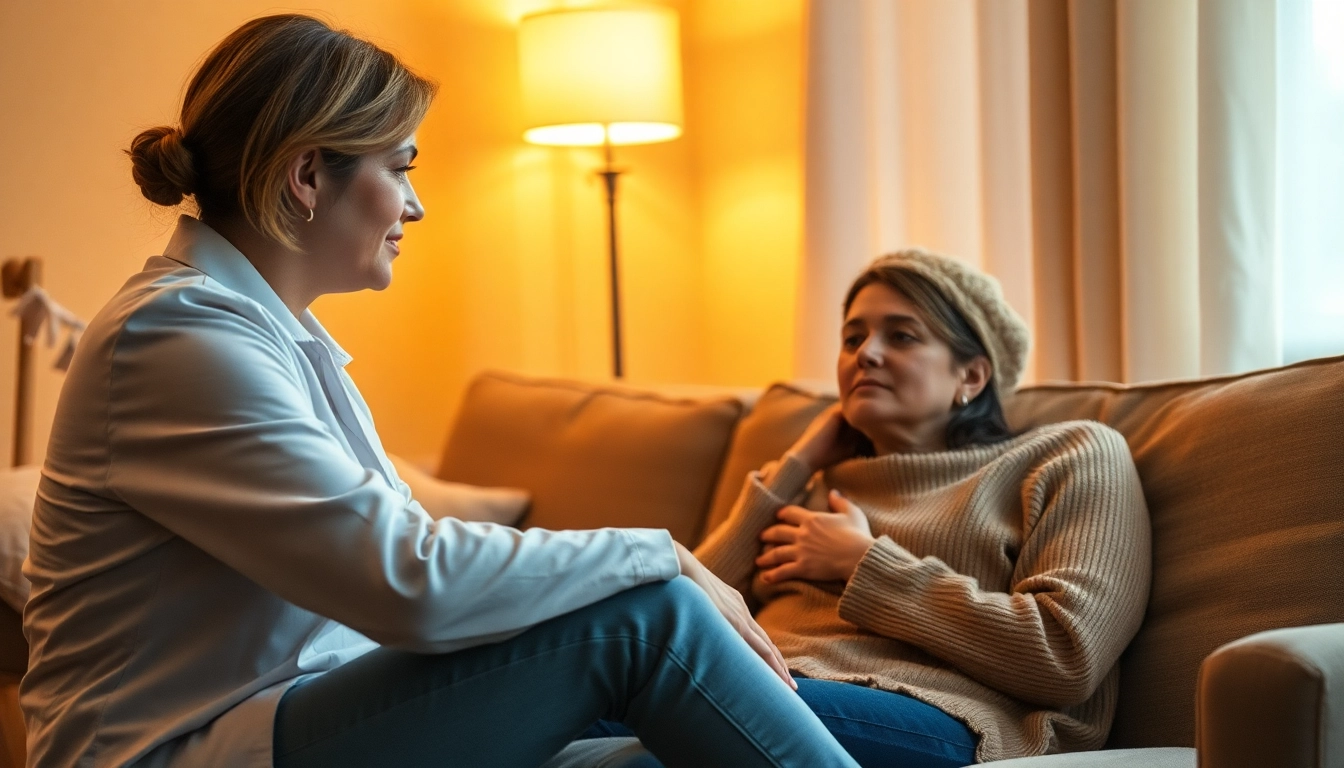Understanding the Journey: Effective Strategies for Dealing with Grief
Introduction to Dealing with Grief
Grief is a universal experience that touches every individual at various points in their lives. It arises in response to loss, be it the passing of a loved one, the end of a significant relationship, a drastic change in one’s life circumstances, or even the loss of a beloved pet. Understanding this profound emotional response is essential for both the person navigating through grief and those who want to support them. In the journey of dealing with grief, many find themselves seeking clarity and closure, often without knowing where to begin or how to cope effectively.
Defining Grief and Its Importance
Grief is defined as the intense sorrow we feel when we lose someone or something that we treasure. Psychologically, grief encompasses not only emotional reactions such as sadness but also physical responses including fatigue and disrupted sleep patterns. Understanding the multifaceted nature of grief is crucial, as it allows individuals to recognize that their feelings are valid and part of the healing process.
Common Misconceptions About Grief
One of the most persistent misconceptions is that grief follows a linear pathway; however, this is rarely the case. Grievers often bounce between emotions, feeling anger one moment and profound sadness the next. Others believe they must “move on” quickly, creating pressure that can hinder the natural grieving process. Additionally, some think that grief is solely about death, when in reality, it can encompass any significant loss, including job loss or broken relationships.
The Emotional and Physical Effects of Grief
Grief can manifest in complex ways, impacting both emotional well-being and physical health. Common emotional responses include mood swings, guilt, and feelings of isolation. Physically, grieving individuals may experience headaches, stomachaches, or fatigue. It is essential to acknowledge these symptoms and understand that they are part of a significant and valid response to loss.
The Stages of Grief and What They Mean
Exploring the Five Stages of Grief
Psychologist Elisabeth Kübler-Ross introduced the concept of the five stages of grief: denial, anger, bargaining, depression, and acceptance. It is important to understand that these stages do not occur in a specific order and can be revisited multiple times:
- Denial: The initial shock may lead to feelings of numbness or disbelief.
- Anger: This is often a response to the helplessness of loss, where individuals may direct their frustration toward themselves or others.
- Bargaining: Individuals may attempt to negotiate their way out of the hurt, expressing wishes for things to be different.
- Depression: As reality sets in, feelings of deep sadness may emerge, often characterized by withdrawal and mourning.
- Acceptance: This final stage can involve coming to terms with reality, finding a new normal, and learning to live with the loss.
How to Identify Your Current Stage
Identifying where one is in the grieving process can provide clarity and guidance. Self-reflection through journaling or discussions with trusted friends can help individuals recognize their feelings and validate their experiences. Understanding that grief is highly individualistic allows for a more personalized approach to healing.
Handling Multiple Emotions During Grief
It is common for individuals to experience several emotions concurrently rather than sequentially. Strategies such as mindfulness and emotional check-ins can aid individuals in navigating these complex feelings, enabling them to embrace the full spectrum of their responses without judgment.
Healthy Ways to Cope with Grief
Practices to Support Mental Health
Healthy coping strategies can be immensely beneficial in managing grief. These practices can include:
- Physical Exercise: Regular physical activity has been shown to improve mood and reduce anxiety.
- Proper Nutrition: Nutritious meals can support both mental and physical well-being.
- Sleep Hygiene: Ensuring adequate rest is vital for mental clarity and emotional stability.
The Role of Support Networks
Support from friends, family, or co-workers is invaluable during grief. Open conversations about feelings can help grievers feel less isolated. Furthermore, sharing memories of the lost loved ones can provide comforting moments and even foster connection among families and communities.
Coping Techniques: Journaling and Mindfulness
Journaling offers a private outlet for expressing feelings that may be difficult to articulate. Mindfulness practices, including meditation and deep-breathing exercises, can help ground individuals during moments of overwhelming emotion. These activities not only promote self-awareness but also empower individuals to explore their grief at their own pace.
Seeking Professional Help: When to Reach Out
Understanding Therapy Options for Grief
Sometimes the weight of grief can be too great to bear alone. Therapy can offer a safe space for individuals to explore their emotions. Various therapeutic approaches include:
- Grief Counseling: Focused on understanding the grieving process and developing coping strategies.
- Cognitive Behavioral Therapy (CBT): Aims to change negative thought patterns associated with grief.
- Group Therapy: Provides a communal space to share experiences with others who understand similar feelings.
How Support Groups Can Help
Support groups offer a unique modality for connecting with others facing similar losses. These groups can provide validation, emotional support, and a sense of community, fostering healing through shared grief experiences.
Finding the Right Professional Support
Finding the right mental health professional can be a journey in itself. It is essential to locate someone who specializes in grief and loss and understands the intricacies of your particular situation. Factors like credentials, personal rapport, and therapeutic techniques should be considered when selecting support.
Moving Forward: Life After Loss
Redefining Your Life Post-Grief
Life after loss demands a reassessment of oneself and one’s priorities. As individuals learn to navigate a world without their loved ones, they may find new meaning or purpose in different areas, such as careers, hobbies, or community service, which can facilitate healing.
Honoring the Memory of Loved Ones
Creating rituals or memorials can play a pivotal role in honoring those who have passed, such as planting a tree, establishing a scholarship, or celebrating their birthday annually. These actions can enrich the healing journey, allowing individuals to carry forth the legacies of their loved ones.
Building Resilience and Hope
Grief does not have to define one’s future. Resilience can be cultivated through self-care, seeking support, and embracing change. Over time, individuals can learn to find joy and hope within their lives again, taking forward cherished memories and lessons learned from their loved ones.










